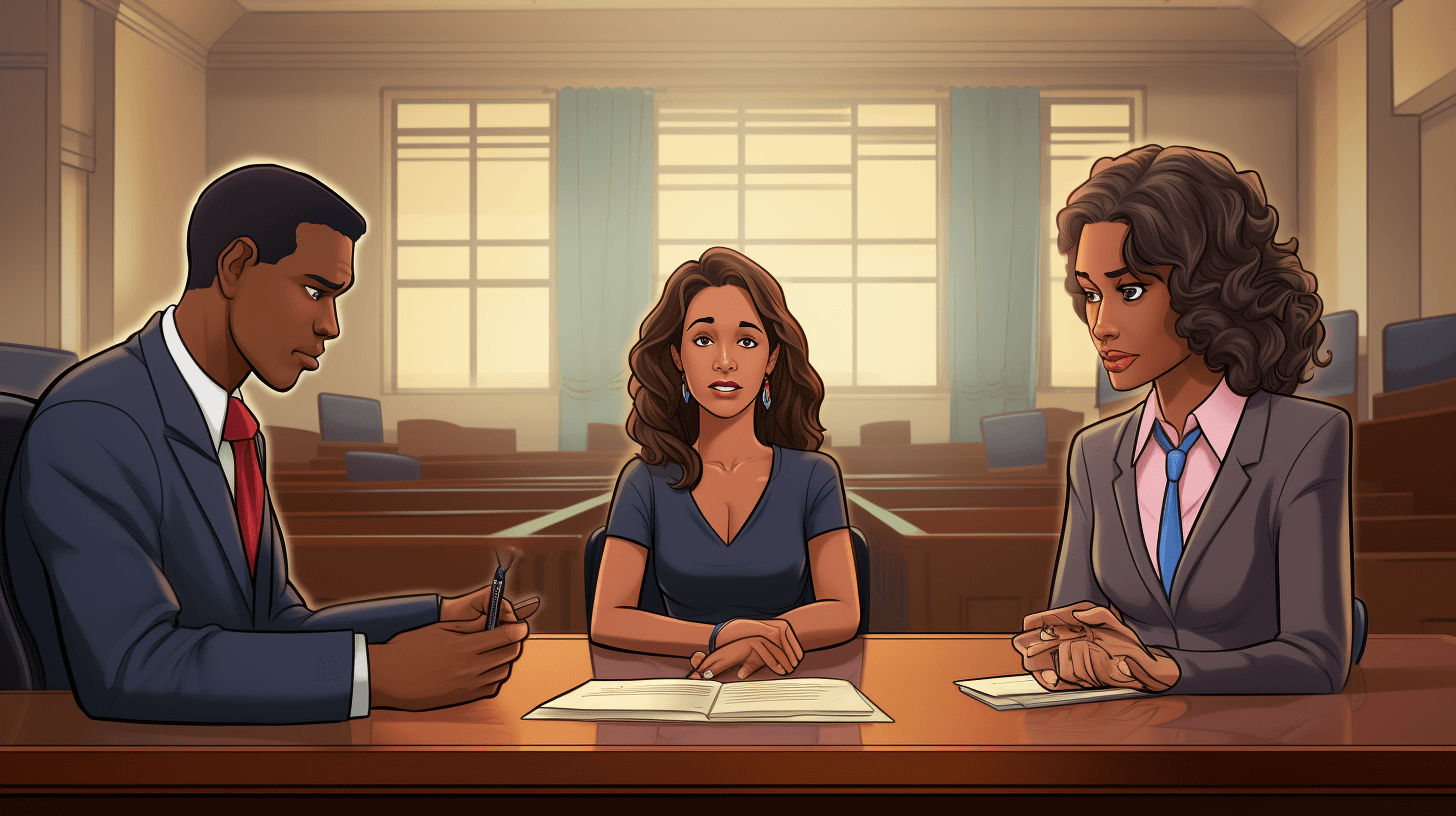September 18, 2025

Probation offers people convicted of crimes a chance to serve their sentence in the community instead of behind bars. But it comes with conditions — reporting to officers, obeying laws, avoiding substances, attending counseling, or paying restitution. When these conditions are broken, probation violations can trigger severe consequences, including jail time.
The legal side of a probation violation is about more than simply breaking rules. It involves constitutional rights, court procedures, and legal strategies that determine whether probation continues, is modified, or is revoked. Like The Legal Side of an Arrest and The Legal Side of a Sentence, probation violations are pivotal stages where the law balances accountability with rehabilitation.
What Is a Probation Violation?
A probation violation occurs when someone fails to follow the terms of their probation. Violations are typically categorized as:
Technical violations may lead to warnings or increased supervision, while substantive violations often result in revocation and jail.
Common Conditions of Probation
Probation can require:
Violations of any condition can trigger hearings.
Legal Process of a Probation Violation
This lower evidentiary standard makes probation violation hearings especially risky for defendants.
Constitutional Rights in Probation Violation Hearings
Although probationers have fewer protections than defendants at trial, some rights remain:
But hearsay is often admissible, and there is no right to a jury. That makes skilled legal defense crucial.
Potential Consequences of Probation Violations
Violations can undo years of progress, making them as critical as original trials.
The Role of Defense Attorneys
Defense lawyers protect clients by:
Much like in A Guide to Our Fee Structure for Criminal Defense Cases, transparency and preparation matter when advising clients facing violations.
Case Studies: How Violations Play Out
Probation Violations and Broader Legal Processes
Why Law Firm Choice Matters
Handling probation violations requires quick, strategic action. Strong firms provide:
Just as in Why Law Firms Excel at High-Asset Divorce Litigation, complex probation matters demand legal sophistication.
The Human Impact of Probation Violations
Beyond legal outcomes, violations impact families, jobs, and reputations. Employers may act swiftly after learning of violations, as highlighted in What to Do If an Employee Violates a Non-Disclosure Agreement. Families may struggle with the consequences, similar to challenges described in Client Success Story: Navigating a Difficult Child Custody Battle.
Conclusion
The legal side of a probation violation reveals how fragile freedom under supervision can be. A single mistake or allegation can bring someone back into custody, but with strong legal representation, violations can often be defended, mitigated, or resolved through alternatives.
From The Legal Side of an Arrest to The Legal Side of a Pardon, probation violations show how every stage of the justice process is interconnected. With skilled counsel, clients can protect their rights and preserve their second chance at life outside prison walls.
Stay up to date with the latest tips, expert insights, product reviews, and step-by-step guides to help you grow, create, and succeed—no matter your industry or passion.